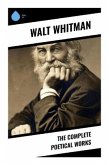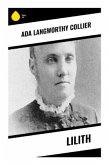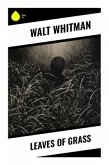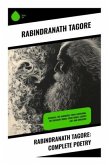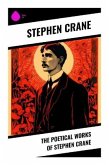In 'Evangeline,' Henry Wadsworth Longfellow crafts a poignant narrative poem that follows the heart-wrenching journey of Evangeline Bellefontaine, a young Acadian woman, separated from her beloved Gabriel during the forced expulsion of the Acadian people in the 18th century. Longfellow employs a lyrical style, rich with vivid imagery and rhythmic cadences, that reflects both the beauty and tragedy of his characters' plight. Set against the backdrop of the historical events surrounding the French and Indian War, 'Evangeline' serves as a powerful meditation on love, loss, and the inexorable passage of time, while encapsulating the essence of American Romanticism-a cultural movement that values emotion and nature over reason and industrialization. Born in 1807, Longfellow was deeply influenced by his own experiences with loss, as well as by the rich tapestry of American history and folklore. His travels through Europe, interactions with various literary traditions, and his position as a professor of modern languages at Harvard all contributed to his profound understanding of themes of displacement and longing, which are central to 'Evangeline.' The poem's exploration of multiculturalism and the immigrant experience resonates strongly within the broader narrative of American identity. 'Evangeline' is a must-read for those seeking a blend of lyrical beauty and historical insight. Longfellow's timeless tale continues to touch hearts and minds, inviting readers to ponder the enduring nature of love against the backdrop of adversity. Whether a scholar of American literature or a casual reader, engage with this enchanting work that explores the depths of human emotion and the quest for reunion amidst a backdrop of tragedy.
Bitte wählen Sie Ihr Anliegen aus.
Rechnungen
Retourenschein anfordern
Bestellstatus
Storno


